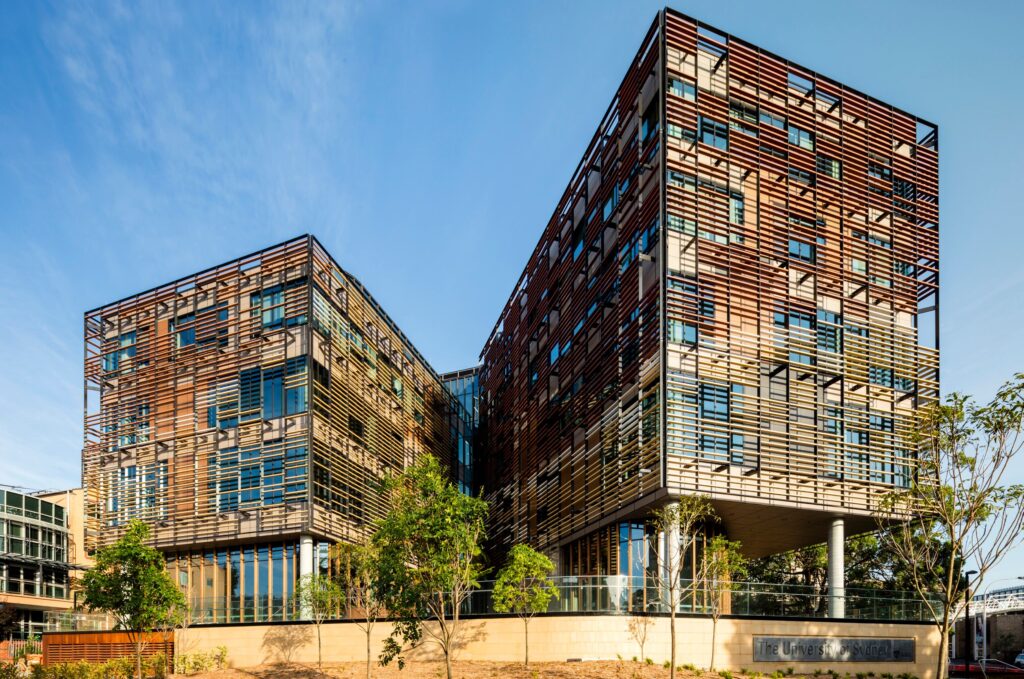Dr Mary Wu Interview
By Carria Xie
The Australian Chicken Meat Federation (ACMF) was established in 1964 by the Australian chicken meat industry as an advocate body by the industry.
The foresight of the chicken meat industry for setting up the ACMF in the first place is commendable. The ACMF’s contribution in guiding what was regarded as a “niche” industry in the early days of the chicken meat industry to its current status, ie., the most important animal protein supplier with the lowest carbon footprint, is highly significant.
Indeed, at a national level the ACMF is the envy of all animal industries for its ability to coordinate all matters related to broiler production, developing policies, setting standards, and providing strategic direction to R&D programs.
Food security remains on top of the national security agenda, but the public is becoming more discerning about the food they consume. Thus, the challenges for chicken meat production will only become more complex. So, our postgraduate student, Carria Xie, interviewed the new CEO of ACMF, Dr Mary Wu for her thoughts.
With her experience in other industries ranging from meat exportation including red meats like kangaroo, working with the Australian Department of Agriculture, and the Australian Meat Industry Council, Dr Wu called chicken meat a “positive industry” with her priorities set on sustainability, development of the workforce, research and biosecurity.
As the poultry industry growing so rapidly in Australia, Dr Wu has identified this market as one of the most sustainable and affordable protein sources for the average Australian. Chicken meat has one of the best FCR in the animal industry with a high protein and low-fat nutrition profile, containing the important essential amino acids that complete a well-balanced diet. Dr Wu noted that these factors contribute to chicken meat being the most consumed meat in Australia, doubling from 25kg per capita to around 50kg in recent years. Her short-term goal is to develop a stronger workforce, crucial for meeting the increasing demands for delivery products and putting items on the shelf for Australia.
A long-term priority brought up by Dr Wu was increasing biosecurity stating that although within Australia disease control is adequate, “over 500 million birds across the world have been culled or died as a result of avian influenza” during the last 20 years emphasising the importance of keeping the disease out of our industry. Other goals included improving sustainability, social contributions, animal welfare, and consumer perception.
Sustainability a quickly growing topic of discussion and is a main focus here at the University of Sydney. Being able to cost effectively ensure food security for Australians in an environmentally conscience way is what we aim to do here at Poultry@Syndey through research. The chicken meat industry is already one of the lowest emitters of carbon as mentioned by Dr Wu, along with the continuous research to further lower emissions such as ammonia, poultry is a contender to be the most environmentally sustainable meat.
With consumers becoming more concerned over animal welfare, there have been misconceptions developed and widely thought as true. While inaccurate, many consumers believe chickens are feed antibiotics and growth hormones for growth promotion. Maintaining health and welfare for animals in an intensive farming system has always been a priority of both companies and research centres within this industry. As Dr Wu affirmed, the chicken meat industry is a “phenomenally growing industry”.
As a final statement, although Ross and Cobb would best represent the breeds of chickens, Dr Wu comments that her favourite catchphrase is the “bachelor’s handbag” winning word of the year in 2022 making its way into Macquarie Dictionary and the Aussie vocabulary.
Latest news
Our events
- Final Chance to Register for APSS 2026 – Less than 3 Weeks Away!With just under 3 weeks until APSS 2026, now is your last opportunity to finalise your registration for this year’s premier poultry science event.
Connect with us:


